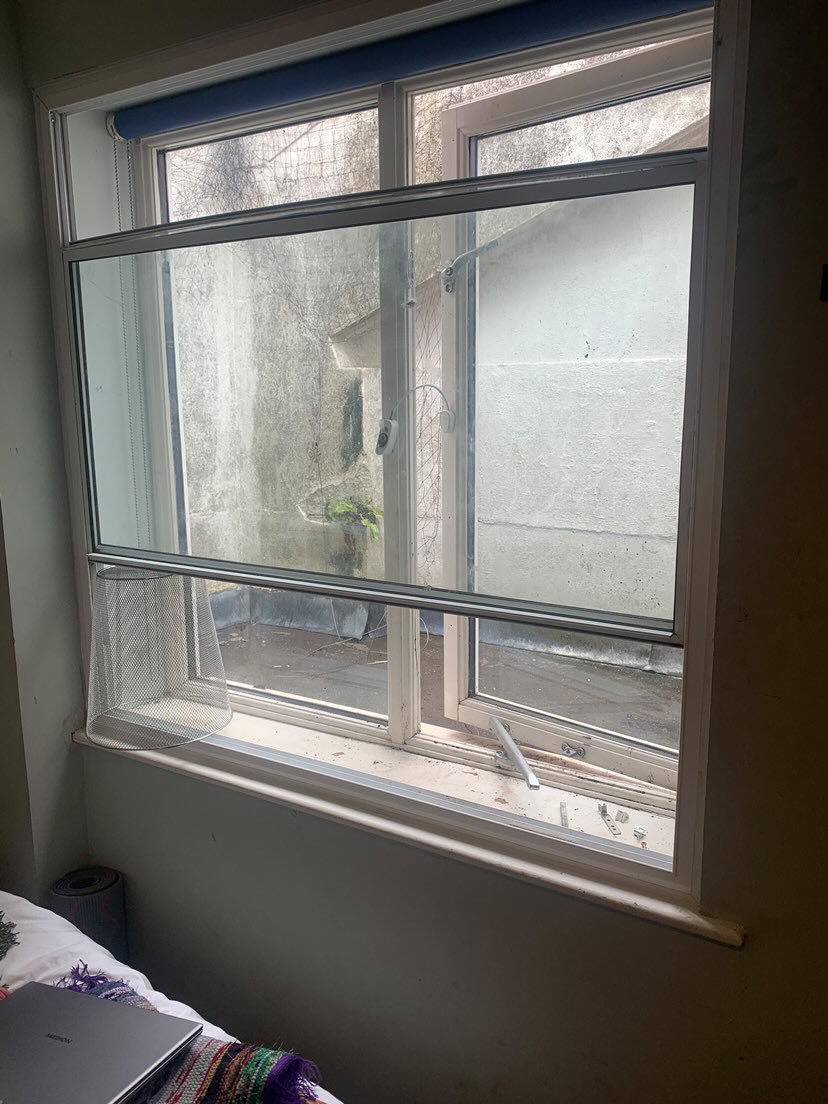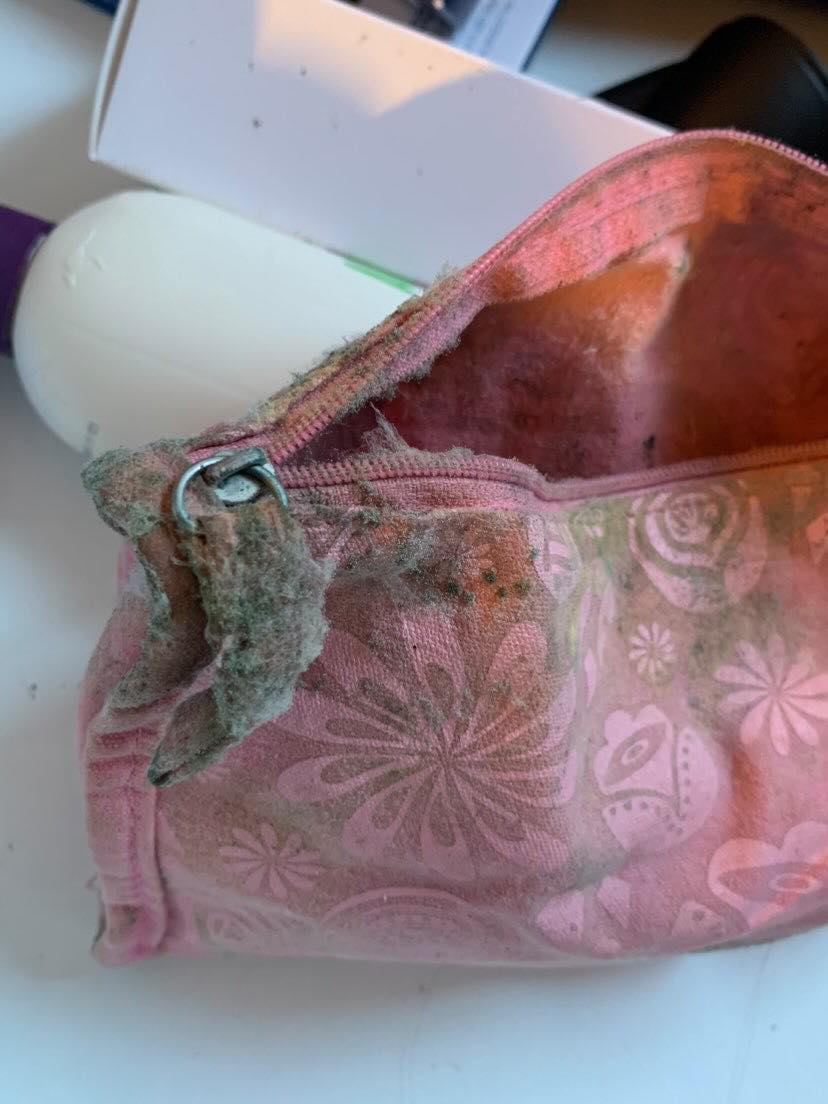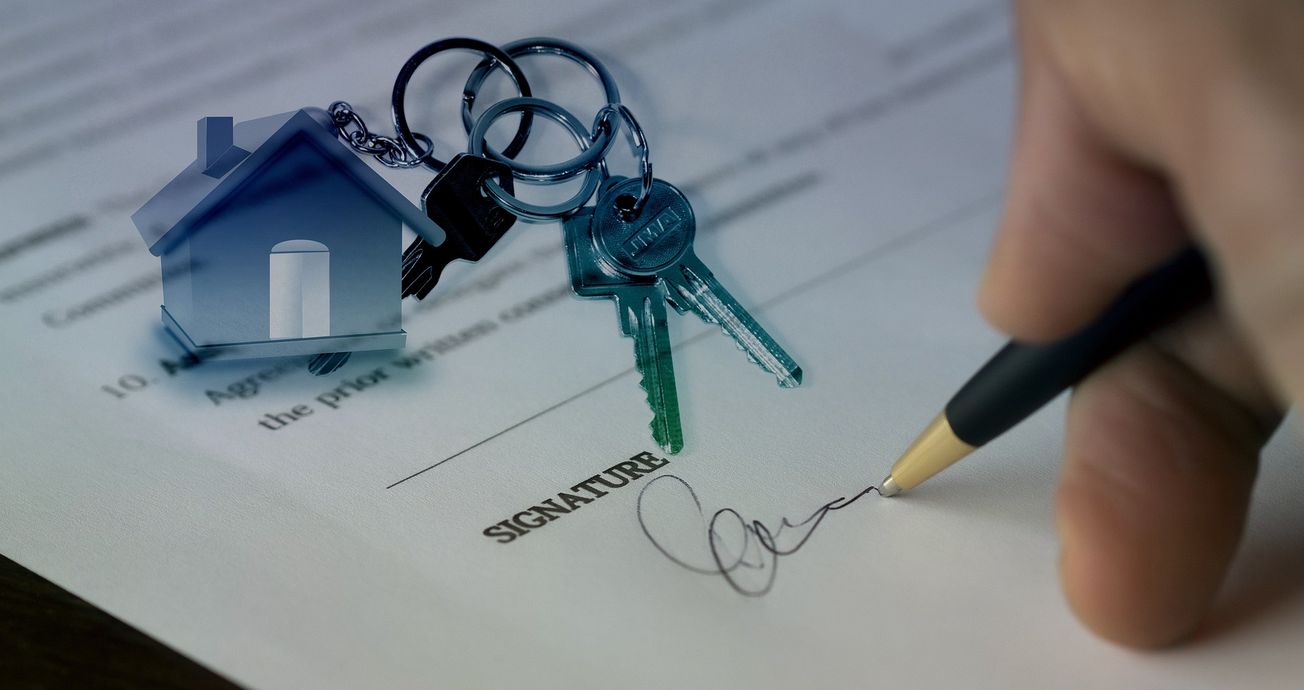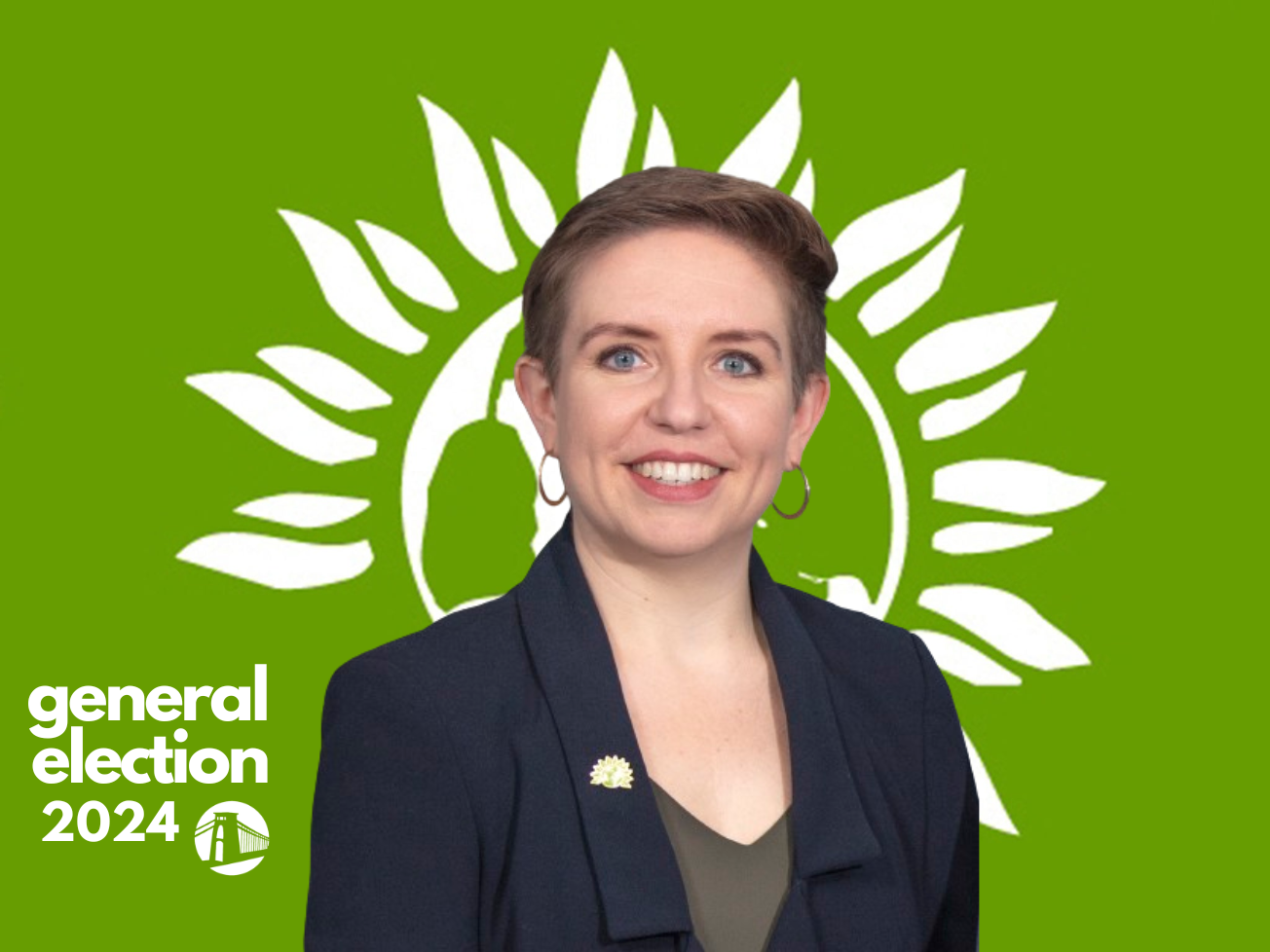By Rachel Bronnert, Second Year English
It’s universally known that student housing isn’t glamorous. Stories about corrupt landlords, less than alluring flats and highly questionable living conditions are becoming more and more common.
Amidst the cost of living crisis and an acute housing shortage in Bristol, Epigram investigates the reality of living in private accommodation as a second year student.
Several factors have exacerbated the already fierce competitiveness of the private renting market. Bristol is one of the most expensive cities in the UK and has a notorious shortage of affordable housing. Its student population is also growing at a rapid rate: numbers have risen from 18,770 in 2010/11 to 29,356 in 2020/1. An unprecedented number of students were offered places at the University of Bristol for the 2021/22 academic year, straining Bristol's already hyper-competitive housing market.
As wages have slumped, private renting has become increasingly unaffordable. Bristol City Council have reported that over the last decade, private rents in Bristol have increased by 52 per cent, while wages have only risen by 24 per cent.
The Bristol housing market is magical.
— Tom Canham 🇺🇦 (@tcanham459) August 19, 2022
Studio 'apartment'. £550 per month. pic.twitter.com/zS9Pb30sKI
Ben Giles is the director of Balloon Lets, a Bristol based agency aiming to improve relationships between landlords and tenants. He claims that the cost of privately renting has rapidly increased over the last five years, from £400 per person per room, to about £700.
This has left students in a difficult situation, with many of them having to look for part time work to support themselves.
These existing factors, coupled with the severity of the cost of living crisis—a pretext for landlords to increase their prices—has created a precarious climate for students navigating the housing market for the first time.
The rent uni students pay for halls has risen by 60 per cent in ten years... to an average of £7,347!! https://t.co/lGnhHFf0na
— The Tab (@TheTab) December 10, 2021
Conscious of these shortages and fearful that they may not be able to secure a house—last August, The Tab reported that one in seven students are worried about going houseless—students may feel pressured into accepting contracts for accommodation which they know to be inadequate.
A recent article published in The Guardian stated that student housing is ‘reaching a “crisis point” not seen since the 1970s’, with Bristol having a 25 per cent undersupply of student beds.
Epigram spoke to two second year students about their experience of living in private accommodation this year.
One student, who lives in an eight bedroom flat and pays £130 a week not including bills, spoke about her experience renting with Bristol Digs: ‘We did view the property before we moved in but all the rooms are dramatically different in size. Some have skylights or no windows. Mine has a window that looks onto another wall. This would all be fine if it was livable, but we have so many different issues, particularly with mould, which is also leaking into the flat below us.’

‘I had a broken window when I moved in which was fine in summer but now in winter it's freezing. I complained about it when I moved in on the first of July and all they’ve done is take out the inner pane. It’s freezing and I sleep with four jumpers on. I’ve told the landlord how cold it is but the landlord just tells us to put the heating on.’
The student also discussed the health dangers presented by this accommodation: ‘The sides of the walls are covered with mould. It was by my bed, they sent someone to clean it but it's coming back as I know there is an issue inside the wall. I’ve just been told to air it out and keep a window open, which isn’t ideal when it’s snowing in winter.’
‘We’ve been left completely to deal with it ourselves. Half of us have respiratory problems, which we’ve told the landlord and they haven’t acknowledged. They don’t seem to care and there is no consideration. Three rooms have broken extractor fans, which encourages mould. It’s a vicious cycle.’

Her mental health has also been detrimentally impacted: ‘I don’t like to study in my room at all. I’d rather use the study spaces at uni as there is warmth and windows. I try to invest in my room to make it my own but when you’re constantly concerned that your head is right next to mould growing with a vengeance it’s not fun.’
‘Having no natural light in more than half the rooms is seriously affecting some of my flat mates, especially with seasonal affective disorder. We could deal with that better if it was safe to be in those rooms. My friend left her jeans on the floor of her room, and they got mould on them as it’s coming through the carpet. It’s a hostile environment.’
When asked whether they had any advice for those looking to rent in the future, she said: ‘Do not rent with Bristol Digs. When you’d rather spend your Saturday evenings in the library because it’s warmer and more hospitable, you know there’s something not right. We have warned next year’s tenants about what they are getting into as we just wish someone had been honest with us. Everything I stored under my bed went mouldy. There is no compensation.’
UK student housing reaching ‘crisis point’ as bad as 1970s, charity warns | Student housing | The Guardian https://t.co/kbjYoGSlhx pic.twitter.com/LgCwxb4ywN
— Politico Digital UK (@PoliDigitalUK) December 26, 2022
Another second-year student—currently renting a four-bedroom flat in Clifton—detailed their experience this year: ‘I live in a four-bed student flat within a big townhouse in Clifton. It’s quite an old home and we’re living on the top floor. It costs £635 each per month without bills. It’s a very nice area near the uni but the flat itself is grim.’
‘Neither the kitchen or the bathroom has been done up and we’ve had massive problems with leaks in the roof. There has been damp in my room. The flat is generally damp and mouldy.’
‘When we viewed the flat there was a leak in the middle of the hallway where you enter to go into the kitchen with buckets underneath. They assured us it would be fixed over the summer before we moved in, which was a complete lie. I moved in when there were heavy rainstorms and there was loads of water pouring through the ceiling into the buckets. At first, they put pieces of wood up to stop the ceiling collapsing on our heads. Once they had fixed it, water started leaking elsewhere. It leaked through onto my flat mate’s bed and soaked it through. Now there is damp in my room.’
They are similarly fearful about the impacts upon their health: ‘I’m more concerned about my long-term health. The windows are single glazed and there is little insulation, meaning it's cold and drafty. Living in a damp and dreary house impacts your mental health. The stress of trying to get things fixed is a lot and having builders turn up at any point outside your window one morning feels very intrusive.’
When asked about the treatment from the landlord, they said: ‘There is a complete disregard for the property and any living standards. They try to do as little as possible while appeasing the law. The landlord disregarded anything I sent them and was quite rude. They kept saying builders were coming on certain days and then they wouldn’t show up or would arrive two days later. It’s stressful as it doesn’t feel like your own space when builders can turn up at any time. It seems disorganized and I can’t take their word on things.
‘As a student you’re treated disrespectfully because you’re expendable. So many people are trying to find a house in a short space of time that letting agents treat people quite poorly.’
HYBR: the Bristol-based housing service fixing the 'toxic' student rental market - Epigram https://t.co/NHh84w9p6R #PropertyNews
— Michael .E🔑🏠 (@Mike_Empirelpm) January 6, 2022
They touched on the social pressure that comes with finding a house for second year: ‘We signed this place in February. We felt a lot of pressure to find somewhere as we didn’t sign like most people in November. But the idea that you have to pick a house after two months of knowing people is a ridiculous concept that has been normalized. As is the queuing up outside viewings and knowing if you don’t sign on the spot it will go. However, we do get direct contact with our landlord, which is more than most students get.’
When asked by Epigram if their housing affects their mental health, whether their landlord listens to them if there is a problem and if they have experienced mould in their accommodation, student responses echoed these experiences. 81 per cent of respondents say that their housing has negatively impacted their mental health, with 88 per cent reporting that they have had mould in their accommodation and 63 per cent feeling as if their landlord doesn’t listen if there is a problem.
High stakes in the hunt for housing: how has increased competition affected the search for student accommodation?
Student renters – being polite, prepared, and responsible could save you money
Bristol is a vibrant, exciting city to be a student in. However, there are serious problems with it’s housing market. The massive influx of students in recent years, coupled with the dramatic rise in the cost of living, has put real pressure on students; with many renting subpar accommodation out of fears that they won’t be able to find a place to live in their second year.
Featured Image: Pixabay / Gerd Altmann
What is your experience of privately renting as a student?








